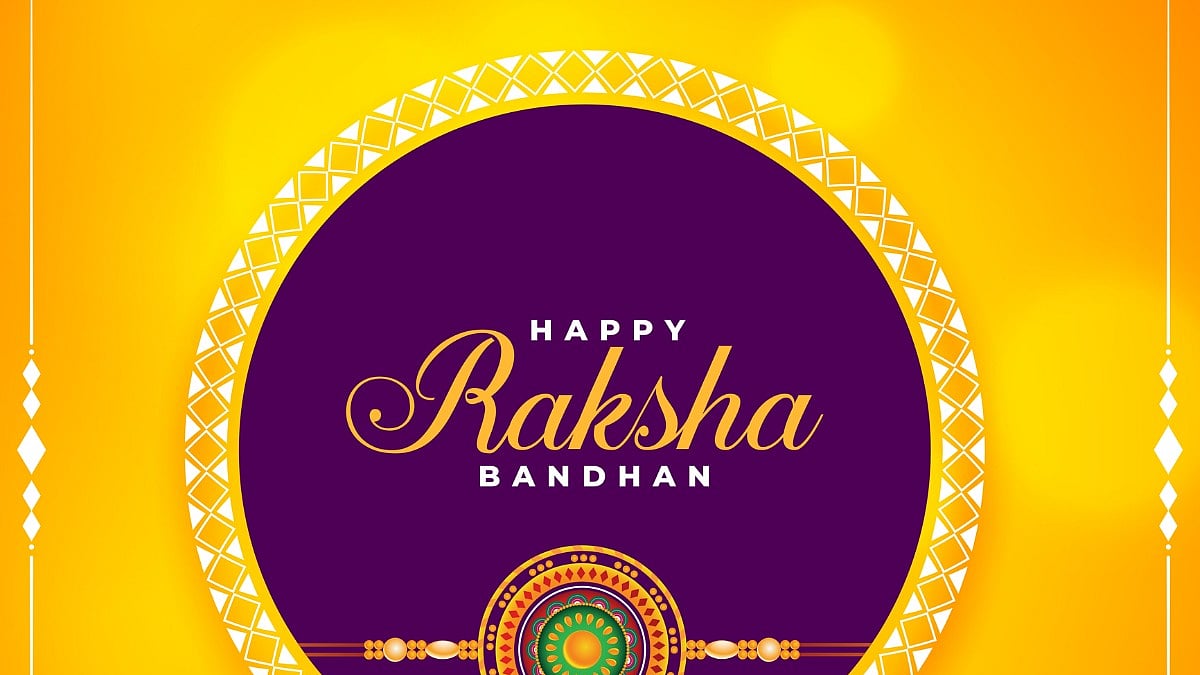Raksha Bandhan 2022: Date, History, Why do We Celebrate Rakhi, and Its Rituals
Raksha Bandhan will be celebrated on 11 and 12 August of this year.

advertisement
Raksha Bandhan has been celebrated in India for decades and the festival commemorates the sibling bond with much fervor and enthusiasm in all parts of India, especially in the North and West.
On the occasion of Rakhi, sisters tie a band on the brother’s wrist that ensures unconditional love and support to one another. This year, Raksha Bandhan will be celebrated on 11 and 12 August.
The festival is full of joy and festivities, with the exchange of sweets and gifts. Raksha Bandhan has a significant cultural and traditional significance. Let's know the history, rituals, and significance of celebrating Rakhi.
Raksha Bandhan 2022: History
As per Hindu mythology, in the Mahabharat period, Lord Krishna accidentally cut his finger on the Sudarshan chakra. After he accidentally hurt himself, Princess Draupadi tied a piece of cloth around his waist to prevent the loss of blood. Lord Krishna was deeply touched by her gesture and in return promised to take care of her from all evils in the world.
During the Mahabharat Chirharan episode, when the Kauravas tried to shame and belittle Draupadi, Lord Krishna appeared out of nowhere and protected her from all the dishonor and humiliation while nobody could do anything.
Raksha Bandhan 2022: Why do We Celebrate Rakhi?
According to Hindu tradition, a sister applies tilak on her brother’s forehead and ties a band around his wrist while praying for a healthy and happy life. In return, the brother gives her some money or gifts as a token of appreciation.
The festival also involves lightheaded banter between the siblings over the gifts they exchange. The whole family comes together to witness the special moments with sweets and delicacies. Nowadays friends and distant relatives also tie Rakhi to each other. Rakhi can be tied to anyone who at any point has provided some kind of protection or care.
Many women also visit temples and tie threads to the idol of Lord Krishna, hoping and praying for the Lord to protect them from hardships and evils.